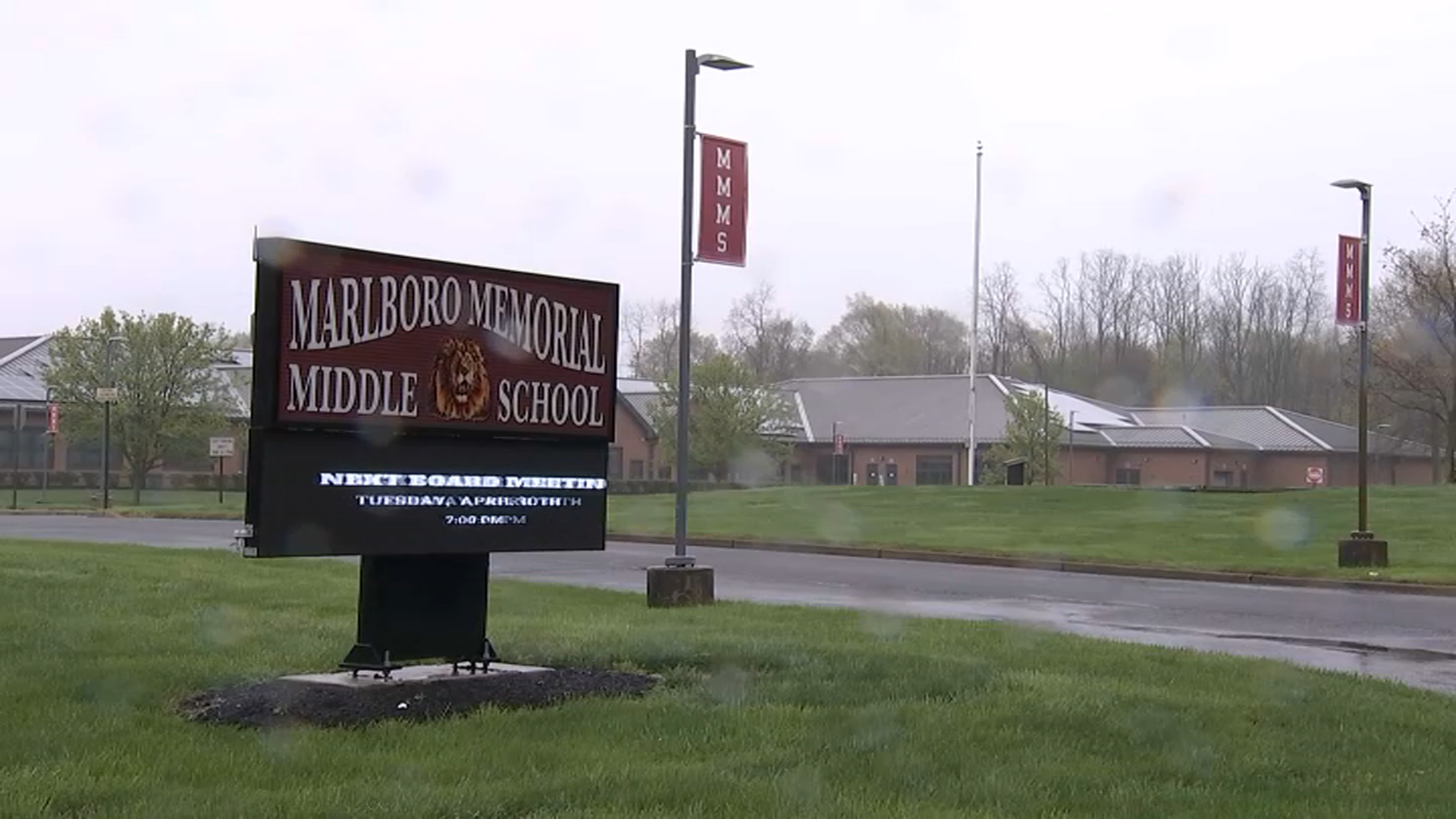A media-darling doctor has been sanctioned in court after he failed to produce medical records for a former patient who is now suing him for fraud.
Dr. David Greuner, a cardiovascular surgeon once named one of America's "most beautiful" doctors, told the court his treatment records for Maria Angeles Liberatore, an admitted opioid addict, were destroyed in 2012, when Sandy flooded a residential garage in Roslyn Heights on Long Island.
A friend of Greuner, Arthur Komissar, said in a 2016 sworn affidavit that "shortly after Hurricane Sandy ended in 2012, I discovered that the hard drive containing the medical records was destroyed by the storm’s flooding, among other things."
When Judge Shlomo Hagler heard the explanation for such key evidence going missing, he called the dapper doctor "negligent" for keeping sensitive medical records in a residential garage.
"It strikes me that the obligation of Dr. Greuner is more than just giving it to a friend to store in a garage, that sounds like it’s negligent," Hagler said. "There was a negligent storage of the documents that were required to be stored for six years under the education law. So there is a sanction that must be provided for in this case."
In her lawsuit against Greuner, Liberatore accuses the physician of prescribing her hundreds of Demerol shots and other opioids, mostly in 2011 and 2012, in a fraudulent scheme to keep her hooked and paying up to $7,000 a day to support her habit.
Liberatore’s attorney, Evan Fensterstock, suggested the lost medical records would have shown why Greuner thought it was ok to prescribe large amounts of opioids to a patient who already exhibited characteristics of an addict. He also said the flooding explanation was not believable – because Roslyn Heights experienced far less water damage than other parts of Long Island during Sandy.
"The bottom line is that the defendant had plaintiff’s medical records and he destroyed them. His behavior was contumacious and reprehensible," Fensterstock told the judge.
Local
In her court response, Caroline Wallitt, the defense attorney representing Dr. Greuner, emphatically said her client did not intentionally lose the medical records.
"He denied destroying them, there is no evidence that he destroyed them. They were not lost negligently. They were not lost intentionally," Wallitt said. "It was an act of God."
In response to the original lawsuit, Wallitt also painted Liberatore as a liar who duped Greuner into believing she had legitimate pain problems when she was really doctor shopping, trying to acquire opioids to feed her addiction.
"She complained of severe migraines, back and neck pain, muscular spasms, cramps, and misalignment, all the result of a serious car accident," Wallitt said.
The I-Team reached out to New York’s Office of Professional Medical Conduct to inquire whether storing medical records in a residential garage is permitted under state law.
The agency did not respond to that question. OPMC spokesman Jonah Bruno also declined to say whether any investigation was ever opened into Liberatore’s accusations against Greuner.
"Consistent with Public Health Law the Department cannot confirm or deny the existence of an Office of Professional Medical Conduct investigation of a licensee unless charges have been posted on the DOH website or the Board for Professional Medical Conduct has taken a public action," Bruno wrote in an email to the I-Team.
In 2014, the New York Public Interest Research Group published an analysis criticizing OPMC for rarely taking licensure action against doctors – even when there are findings of negligence.
"The agency needs to reform. I mean it’s really stacked for the doctor," said Blair Horner, NYPIRG Executive Director and co-author of the report.
The I-Team first notified OPMC of the prescribing accusations against Greuner back in 2016. Since then, his license to practice medicine has been unblemished.
He has faced no sanctions related to those allegations or the issues with his record keeping, which he testified during a deposition in Liberatore’s case, were reported to OPMC more than a year ago.



